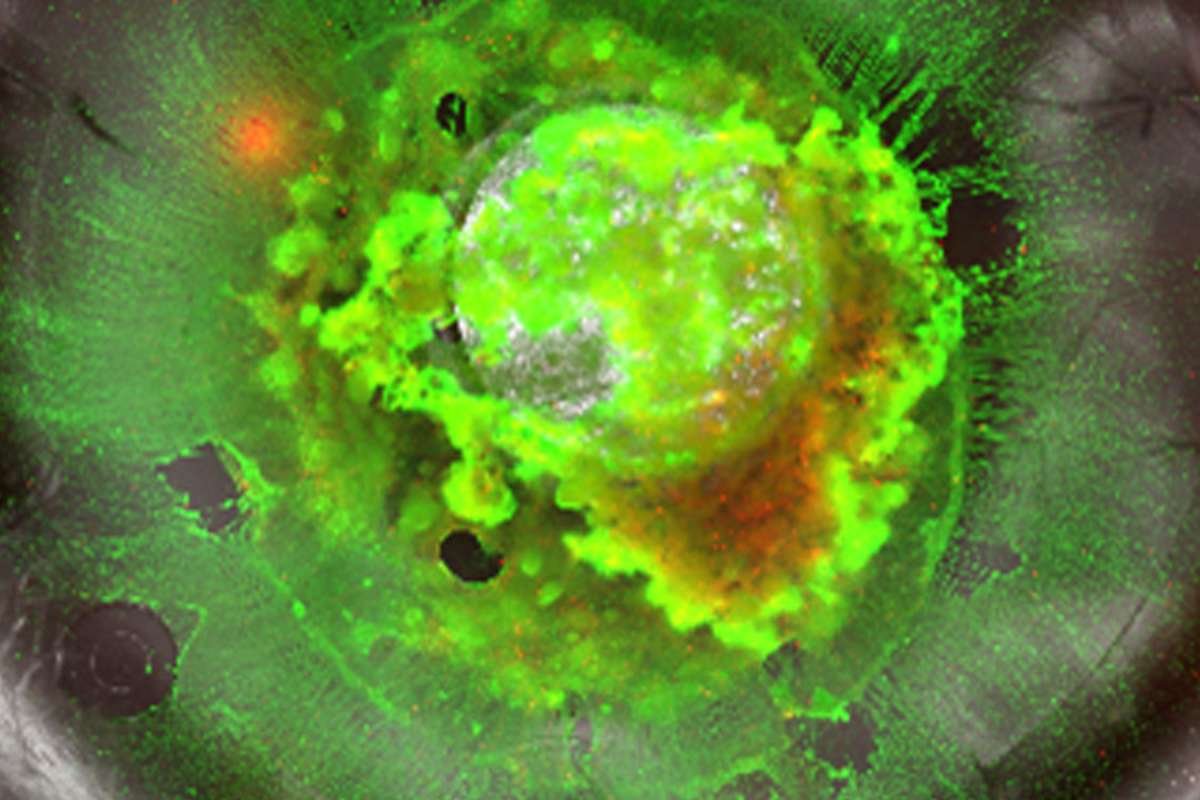Source- earth.com
Unveiling Nature’s Microbial Warfare:
A groundbreaking study published in Nature has unveiled a remarkable discovery by researchers at the University of Washington School of Medicine: Streptomyces bacteria secrete toxic protein particles resembling umbrellas to combat their competitors. These umbrella toxin proteins, characterized by their unique structures and targeted action, represent a novel antibacterial strategy with potential implications for addressing antibiotic resistance and combating infectious diseases.
Unraveling the Mechanisms of Umbrella Toxin Particles:
Led by Qinqin Zhao and Joseph Mougous, the research team conducted extensive biochemical and genetic experiments to elucidate the composition and mode of action of these umbrella toxins. Cryo-electron microscopy revealed the striking appearance of the toxin complexes, resembling the shape of umbrellas. The team further identified that these toxins exhibit exceptional specificity, selectively targeting other Streptomyces species, possibly through interactions with specific surface sugars.
Potential Clinical Applications and Future Directions:
Beyond their fundamental role in microbial competition, umbrella toxin particles hold promise for clinical applications. The researchers speculate that these toxins could effectively combat bacteria responsible for serious diseases like tuberculosis and diphtheria, offering a potential solution to antibiotic-resistant strains. Additionally, the study underscores the need for further exploration into the basic biology of umbrella toxins and their potential therapeutic applications in addressing infectious diseases.
Funding and Collaborative Efforts:
The study was made possible through collaborative efforts and funding from various institutions and organizations, including the Defense Advanced Research Projects Agency, the National Institute of Allergy and Infectious Diseases, and the Pew Medical Scholars Program. Supported by the UW Microbial Interactions & Microbiome Center, the research underscores the importance of interdisciplinary collaboration in advancing our understanding of microbial interactions and developing innovative solutions to combat infectious diseases.
In summary, the discovery of umbrella toxin particles sheds new light on the intricate microbial warfare occurring in soil bacteria communities and offers a promising avenue for developing novel antibacterial therapies.











